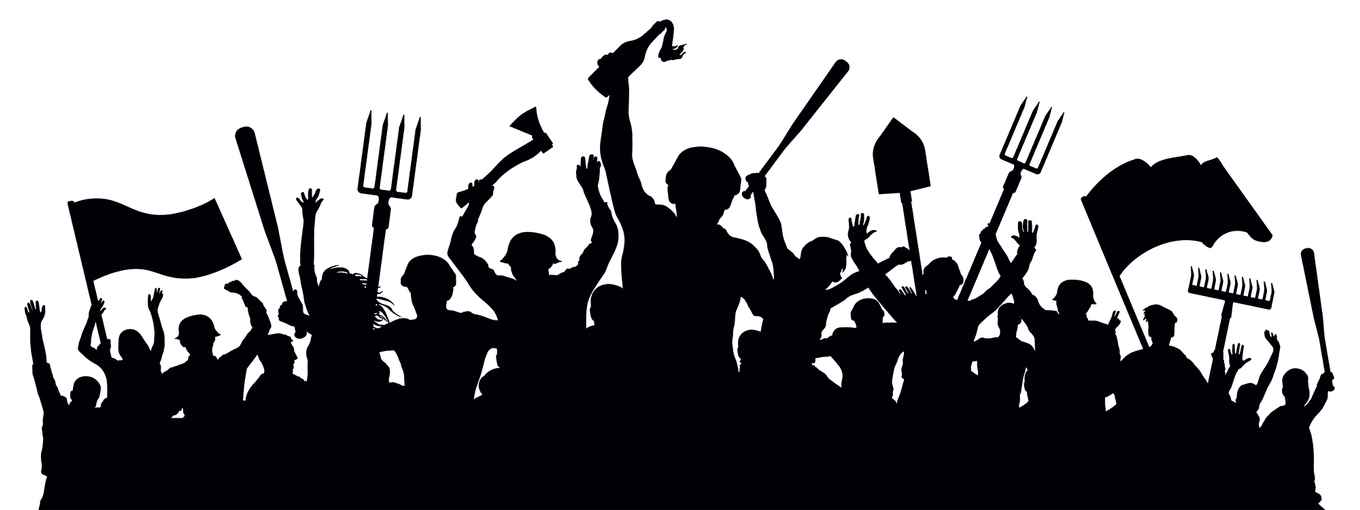Political elites (sometimes) incite violence to strengthen group identity
7 February 2023

‘Earlier understanding, stemming from work that looked at cases of mass violence, associates high intergroup inequality with both high levels of ethnic voting and high levels of ethnic violence’, states one of the authors Neeraj Prasad. ‘We propose that to the extent political elites use violence to reinforce the political salience of ethnicity and increase ethnic voting, inequality should have diametrically opposite effects on voting and violence.'
Inequality and political identity
The authors show that when people do not vote along their group identity, ethno-nationalist parties incite violence to reinforce the political salience of group identity. This begins with how you identify with a group, for example a religious or political group. ‘When inequality within a group is low, group members will live in comparable neighbourhoods, have comparable jobs and go to comparable schools’, explains Prasad. ‘One’s social economic status aligns with religious or political group identity.’
But when there is high inequality within a group, and low inequality with other groups, Prasad argues that group members can feel closer to members from another group. ‘Because those members from the other group have a comparable socio-economic status, profession and residential place. A Hindu landless labourer has more in common with a Muslim landless labourer than with his Hindu landlord.'
Violence and political elites
How you identify with a group influences how you vote. ‘For an identity based party, like the Hindu and Muslim parties in India, it is important that people vote along that identity’, explains Prasad. ‘When inequality in a group is low and between groups is high, many people will do so.’ But, argue the authors, citizens are less likely to vote along their ethnicity when inequality is high within and low between groups. ‘In such contexts, politicians will feel the need to reinforce group identity to improve their electoral prospects. Inciting violence against other groups, or not suppressing it, can be one of their instruments or ways of enhancing the salience of ethnic identity.’
According to Prasad this conclusion contradicts with what is often thought, namely that violence is more likely when groups are distinct, implying inequality within groups is small and between groups is large. ‘The case of small scale violence in democratic settings is thus characterized by its own internal logic.’
Article details
Neeraj Prasad (University of Amsterdam) and H Zeynep Bulutgil (University College London), ‘Inequality, elections, and communal riots in India’. In: Journal of Peace Research, Sage Journals